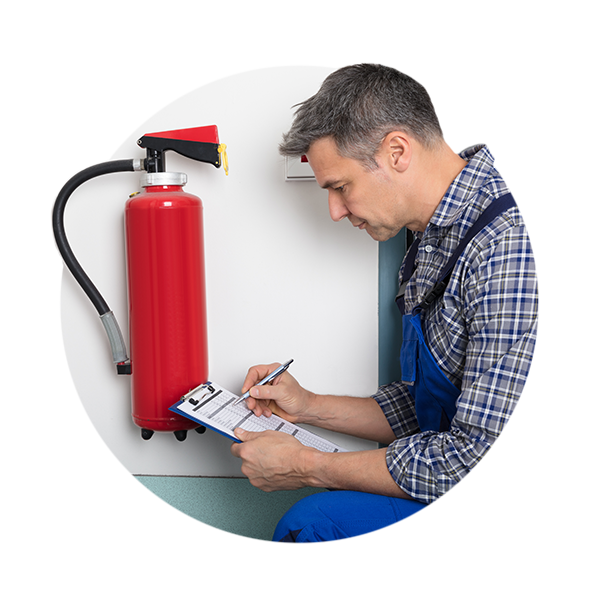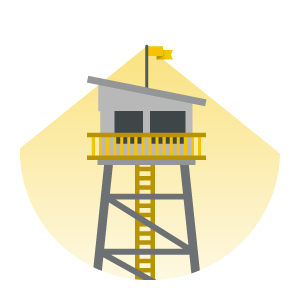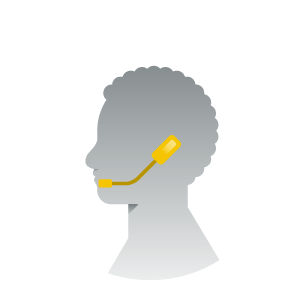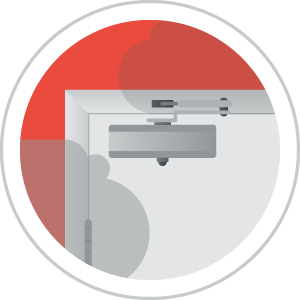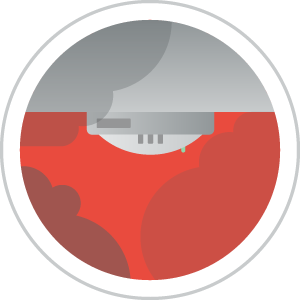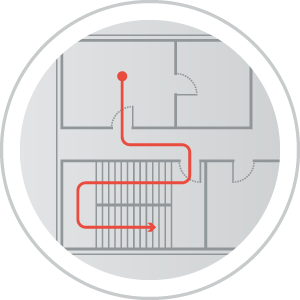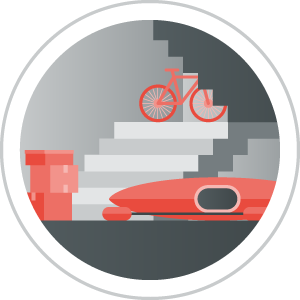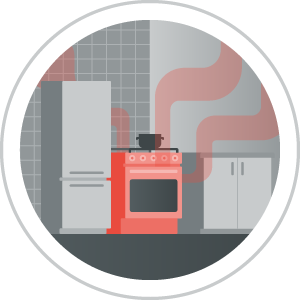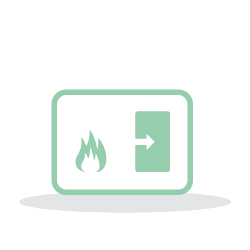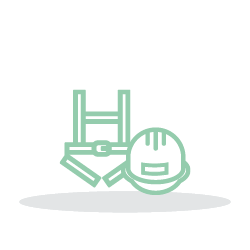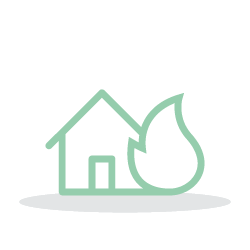The safety of your home should never be a cause for concern. You deserve access to all the amenities and services that best suit you and your lifestyle needs. Committed to providing well-managed properties at all times, safety is at the heart of everything we do and we are proud to have been awarded 5 stars, by the Safety Council, for our efforts in health and safety management. We want to protect all that you love.
Our Three Promises
Our Five Top Tips
To keep you safe in your home

-
![Fire door graphic]()
‘Self-closing’, fire-rated front doors help to stop the spread of fire and smoke
-
![Smoke alarm graphic]()
Fully-functioning smoke alarms save lives by acting as an early warning, allowing extra time for escape
-
![Blueprint showing fire escape route]()
Know the evacuation plan and ask your property manager what to do in the case of an emergency
-
![Graphic showing a bicycle in a hallway]()
Items in corridors or staircases block escape and hinder firefighters whilst feeding the fire
-
![Oven graphic]()
Most fires in residential blocks start due to unattended ovens and hobs, as well as cigarette smoking
Fire Safety and Design Principles
Adequate fire safety in purpose-built flats and tower blocks is central to the protection of residents and their homes. To help you stay abreast of the principles involved, here is a simple guide on both the design and fire risk principles.

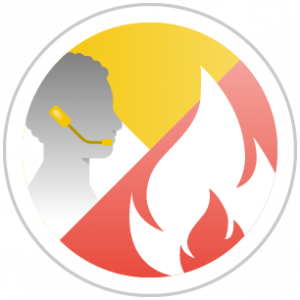
Building and Design
- Buildings are designed with a high degree of compartmentation between each flat and between the flats and rural areas. Compartmentation restricts smoke and fire to the flat of origin for a specified amount of time.
- Statistically, there is a low probability of fire spreading beyond the flat where it broke out.
- Very few fires start in communal areas and escape routes.
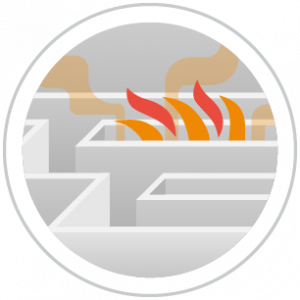
Operating the Building
- Residents in the flat where the fire broke out should evacuate and call the fire brigade. Meanwhile the building’s occupants are safe to remain in their flats, unless directed to leave.
- In most blocks there are no fire alarms in communal areas. In most Retirement living blocks there will be. Communal alarms sound when there is smoke in the communal area and are not usually audible in flats. The purpose is to alert people who are in communal areas to evacuate the block.
- There is no requirement for fire extinguishers in communal areas, except for plant and service rooms.

People
- Residents should familiarise themselves with their building’s emergency procedures.
- Early warning of fires saves lives. Residents should ensure they have working detectors in their flats.
- Keeping compartmentation in tact in flats keeps the risk of smoke and fire spread low. Removing or changing doors and making holes in walls and ceilings in flats can speed up smoke and fire spread.
Health & Safety News
Read our latest news article on Balcony Fire Safety
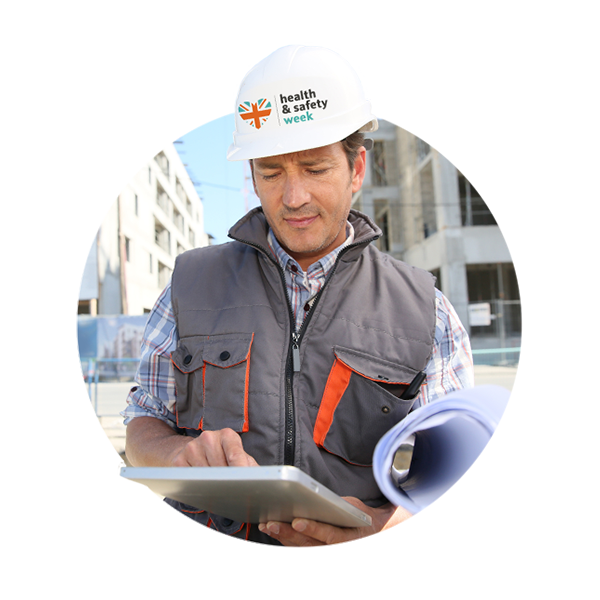
Balcony Fire Safety
This is a reminder about the fire risks associated with balconies with timber features and the activities that may increase the risk of fire. This follows a recent fire in Barking, which spread rapidly across the building façade and is pictured below.
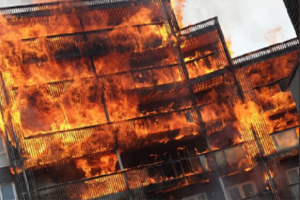
Samuel Garside House in Barking, where a fire spread via combustible balconies earlier this month – the fire was likely caused by a barbeque
Next steps and actions required
The government has published specific advice regarding fire risks associated with these types of balconies and the steps residents can take to minimise fire risks. Barbecues should never be used on balconies as fire can take hold and spread rapidly – as above. Where the use of barbeques is identified this could be classed as a breach of lease and lead to formal action.
If you are unclear about what is required in terms of these simple steps please check with your property/development manager.
Thank you for your co-operation in this matter.
Watch our Health & Safety Film
We interviewed our senior leadership team on just how important Health and Safety is to FirstPort.

Help us protect your property and your family
Take our quiz

Read Our Handbook
All you need to know about Health and Safety and protecting all you love.

Our Health and Safety Policy
For more detail please take the time to read our health and safety policy. If you have any questions, please email the FirstPort Health and Safety Team at help@firstport.co.uk
